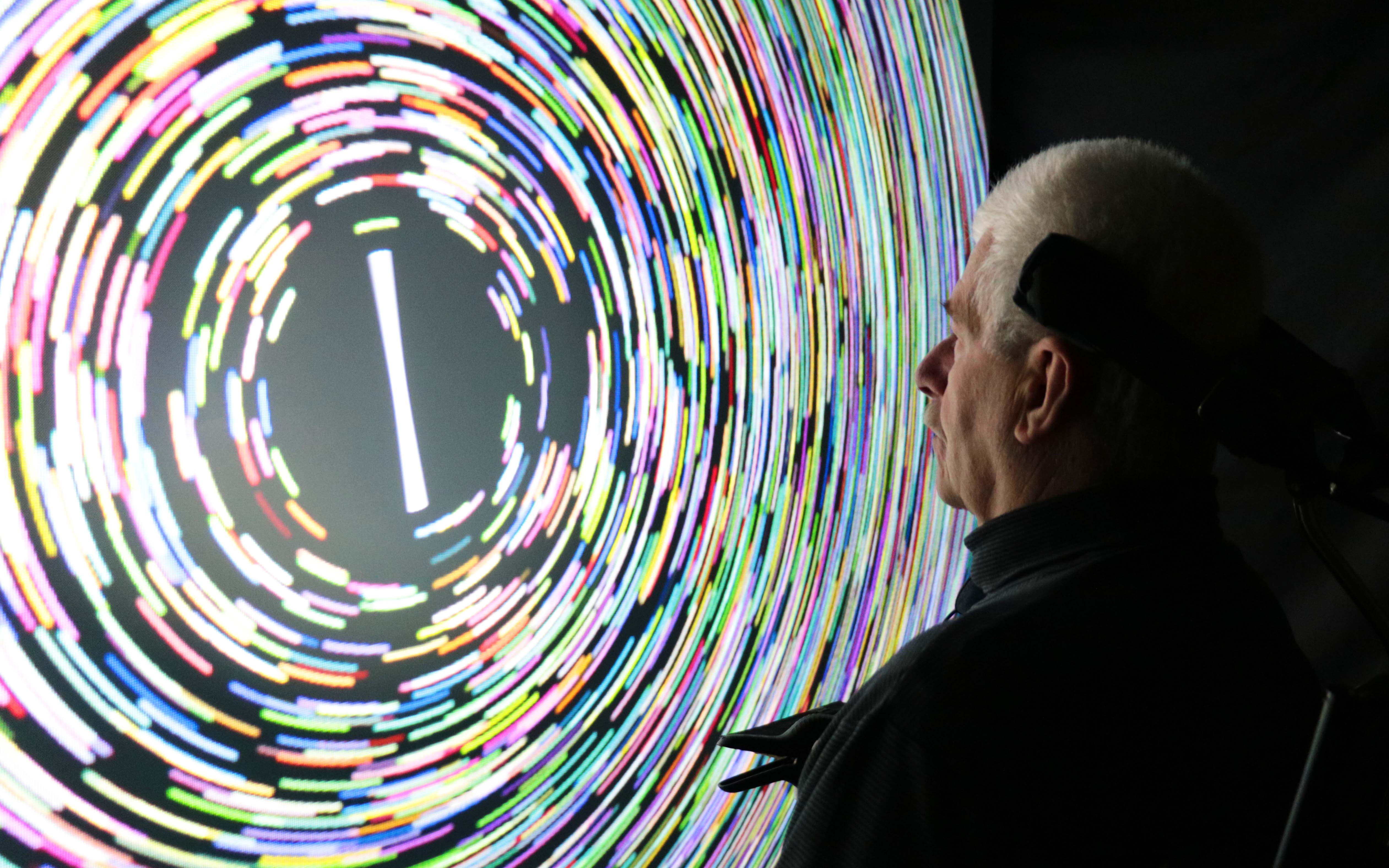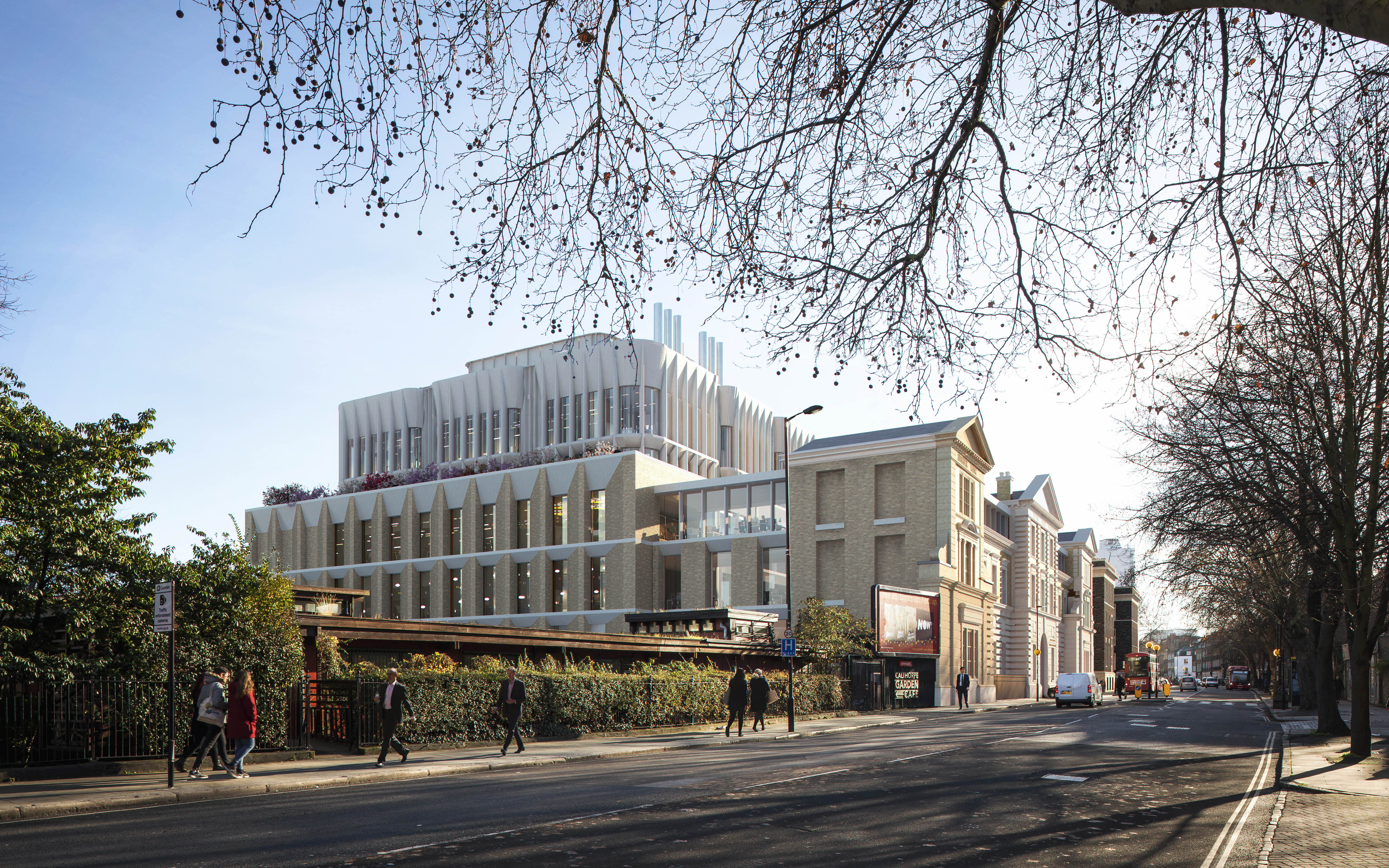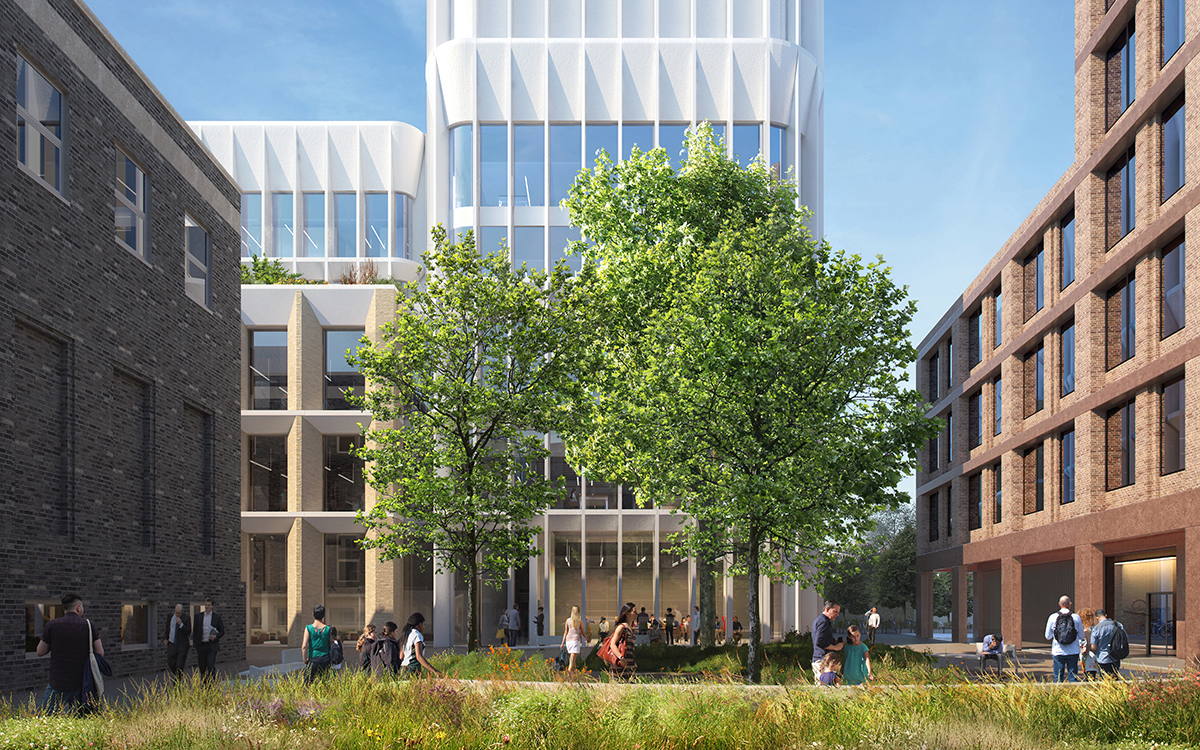ION-DRI: A world-class centre of excellence in neuroscience
We are building a world-class environment to fight neurological disorders through the IoN-DRI programme. A new landmark facility at 256 Grays Inn Road will support our existing facilities at Queen Square to create one of the leading translational neuroscience centres in the world
UCL is a global leader in pioneering research into neurological diseases such as dementia, Alzheimer’s disease, multiple sclerosis, Huntington’s disease, neuromuscular diseases, Parkinson’s disease, motor neuron diseases, stroke and epilepsy.
The IoN-DRI programme was set up to enable a purpose-built facility on Grays Inn Road alongside new and more efficient ways of working to translate UCL’s exceptional research power into developing treatments for these devastating conditions.

We are creating a world-class centre of excellence in neuroscience to accelerate the treatment of neurological diseases, which are now the world’s leading cause of disability.

A new, state-of-the-art facility at 256 Grays Inn Road combined with our unparalleled existing facilities at Queen Square will transform our ability to tackle neurological diseases

The new facility at Grays Inn Road will be home to three partners: the UCL Queen Square Institute of Neurology, the UK Dementia Research Institute hub and the UCLH National Hospital for Neurology and Neurosurgery.
UCL President & Provost Dr Michael Spence, Professor Alan Thompson and colleagues explain how the new centre of excellence for UCL Neuroscience will help revolutionise the development of treatments for neurological diseases.
MediaCentral Widget Placeholderhttps://mediacentral.ucl.ac.uk/Player/5C81FbAJ
“Our vision is to create the world’s leading centre for translational neuroscience. A brand new state-of-the-art facility will accelerate the discovery of new treatments, train the next generation of scientists and work in close partnerships with industry, funders and patients.”
Professor Alan Thompson | Programme Sponsor | Dean, Faculty of Brain Sciences
“This will be a fantastic 21st century interdisciplinary environment designed to support our world-leading scientists to understand disease mechanisms and translate this knowledge into new therapies in a collaborative effort we call UCL Translational Neuroscience. The co-location of clinical and basic scientists and patient care will build on the major success of the UCL Queen Square Institute of Neurology partnership with the National Hospital (UCLH NHS Trust) by enabling patient observations to inform scientific questions. It will be a beacon of excellence for training the next generation and will facilitate critical partnerships with all stakeholders including patient organisations, philanthropists and industry.”
Professor Michael Hanna | Director, UCL Queen Square Institute of Neurology
“We are at a tipping point in dementia research, on the cusp of some really major breakthroughs that will accelerate progress towards new treatments for patients. While this new building and all it stands for is truly exciting, it’s what will happen inside it that is even more thrilling to me. The opportunities for collaborations and partnerships between discovery scientists and clinicians, together with access to world-class facilities, will undoubtedly have a huge impact. This state-of-the-art centre will serve to speed up the delivery of new treatments, tools and diagnostics, bringing us ever closer to achieving the UK DRI’s mission of improving the lives of people affected by dementia and other neurodegenerative diseases.”
Professor Siddharthan Chandran, | UK DRI Director
“The new Queen Square Institute of Neurology and Dementia Research Institute development allows for the integration of world-class clinical services from the National Hospital for Neurology and Neurosurgery, with state-of-the-art scientific facilities from UCL, to bring modern treatments for neurological conditions directly to patients. This is an exciting time for the management of devastating neurological diseases bringing hope to many people throughout the UK and the rest of the world.”
Dr Chris Turner I Divisional Clinical Director I National Hospital for Neurology and Neurosurgery
 Close
Close






